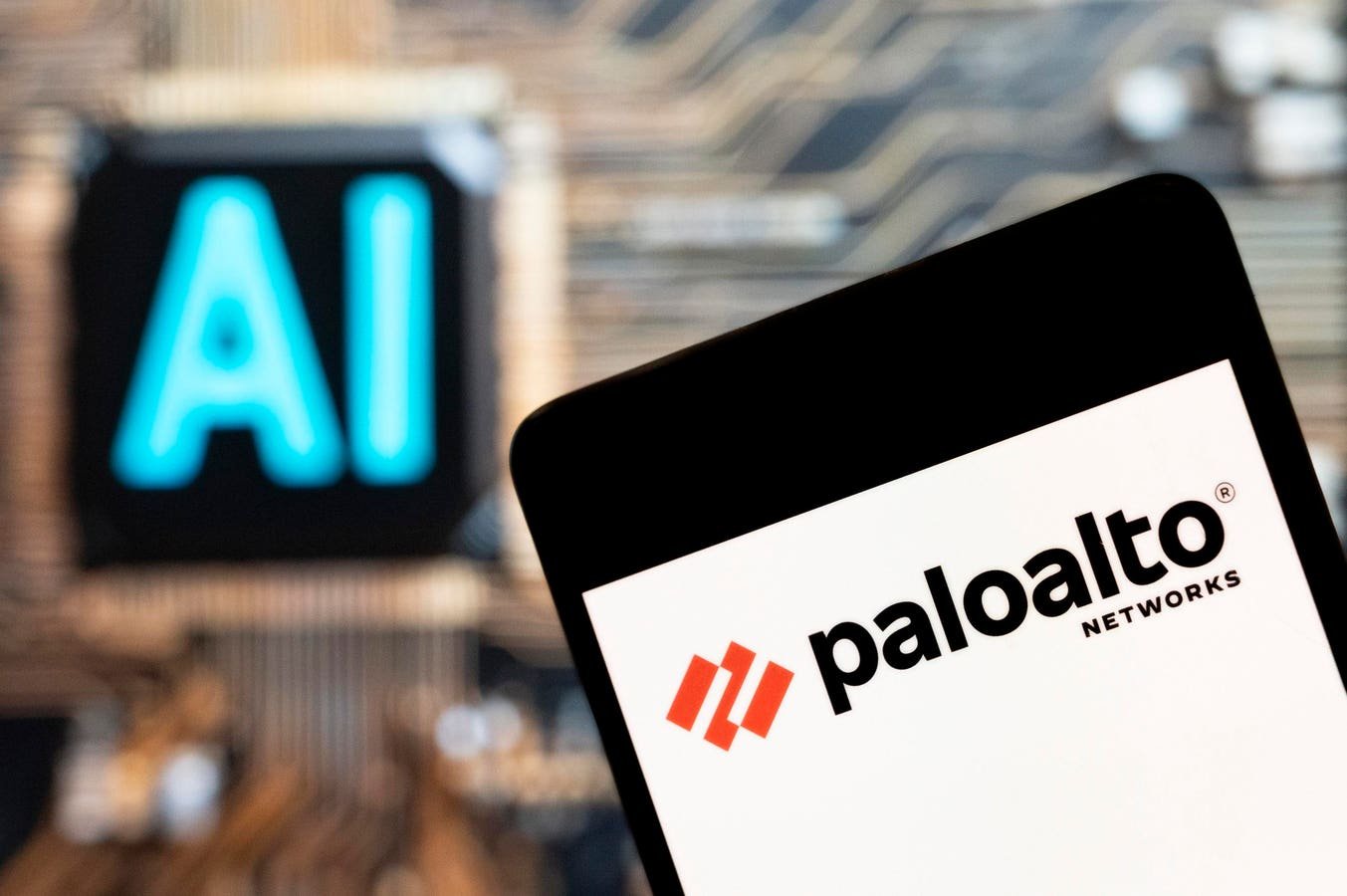Photo Illustration by Budrul Chukrut/SOPA Images/LightRocket via Getty Images
Nearly every enterprise is either deploying AI-powered applications or is preparing to deploy. Each of these efforts face the same challenge: every new AI application arrives with a new, and often overlooked, attack surface.
Palo Alto Networks wants to help solve that problem. Its new Prisma AIRS platform, unveiled at this year’s RSA Conference in San Francisco, offers a enterprises a comprehensive approach to protecting AI applications.
The company also announced its intent to acquire Protect AI, an established provider of AI security solutions. Palo Alto will leverage Protect AI to enhance its Prisma AIRS offering and accelerate its capabilities in securing enterprise AI ecosystems.
The Enterprise AI Security Crisis
The rapid integration of AI across business functions creates a near-perfect storm of vulnerability. Enterprises are deploying AI applications and are using LLMs in virtually every department. This accelerates innovation, but it also introduces new security blind spots.
These new security gaps create opportunities for sophisticated attacks, including model manipulation, data poisoning, and prompt injection attacks that traditional security tools are ill-equipped to handle.
The statistics tell a sobering story: while 90% of organizations are actively implementing or planning to explore large language model use cases, a mere 5% express high confidence in their AI security preparedness. This gap between adoption and protection represents a technical vulnerability and a strategic business risk that demands immediate attention from executive leadership.
A Platform Approach to AI Security
Palo Alto Networks’ Prisma AIRS, short for “AI Runtime Security,” is a comprehensive platform designed to address these challenges by protecting the entire enterprise AI ecosystem. Its protection spans development to deployment, including protection for applications, agents, models, and data.
Prisma AIRS delivers five critical capabilities:
- AI Model Scanning: Enables safe adoption of AI models by scanning them for vulnerabilities, protecting against risks such as model tampering, malicious scripts, and deserialization attacks
- Posture Management: Provides insights into security risks across the AI ecosystem, identifying excessive permissions, sensitive data exposure, and misconfigurations.
- AI Red Teaming: Uncovers potential vulnerabilities before attackers do through automated penetration testing that stress-tests AI deployments using adaptive techniques like real adversaries
- Runtime Security: Protects against threats during operation, including prompt injection, toxic content, data leaks, resource overload, and hallucinations.
- AI Agent Security: Secures autonomous AI agents against emerging threats like identity impersonation, memory manipulation, and tool misuse
Differentiation Through Integration
Prisma AIRS is a continuation of Palo Alto Networks’ “platformization” strategy, first unveiled in April 2024. Platformization emphasizes unifying diverse security capabilities into cohesive platform, instead of more legacy approaches of offering disconnected point solutions. Prisma AIRS brings this philosophy into the AI security domain, where fragmentation would be particularly detrimental.
Palo Alto’s platform-centric architecture gives the company several significant advantages: reduced complexity, streamlined management, comprehensive visibility, and enhanced operational efficiency.
By integrating AI security into their broader platformization framework, Palo Alto Networks builds on this, allowing organizations to address the full spectrum of AI vulnerabilities while maintaining consistency with existing security operations.
Acquiring Protect AI, a key player in AI application protection, further strengthens the story. Its integration into Palo Alto Networks’ ecosystem creates a formidable market advantage that reinforces the company’s platformization strategy.
Competitive Landscape
The AI security market is evolving rapidly. Platform security leaders like Palo Alto Networks and Cisco have taken decisive early positions, with Cisco’s acquisition of Robust Intelligence showing a serious commitment to this space.
Traditional cybersecurity firms, including Fortinet, Zscaler, and Netskope, are extending their security portfolios to address AI-specific threats, though often with less comprehensive approaches than dedicated platforms.
The market has also attracted specialized AI security startups like Lakera and HiddenLayer, which develop focused solutions for specific AI security challenges but may lack the integration capabilities of larger players.
Palo Alto Networks’ advantage emerges from its early market entry combined with the comprehensive nature of Prisma AIRS. The platform’s integrated, proactive security measures, like scanning and posture management, alongside reactive runtime protection capabilities, make it a compelling offering.
Analyst’s Take
There’s little question that the gap between AI adoption and security preparedness is a significant business risk that demands attention.
As Anand Oswal, SVP and GM at Palo Alto Networks, aptly noted when announcing the new offering: ” As organizations integrate AI into every aspect of their operations, securing it requires a runtime security platform that provides continuous visibility and real-time insight. Without this, security teams are left in the dark about how AI is being used, misused, or manipulated, which puts critical data and decisions at risk.”
The reality is that we’re in a world where AI adoption is no longer optional, making security solutions like Prisma AIRS essential. Making AI safe and secure allows businesses to harness AI’s transformative potential while avoiding its most significant risks. The enterprises that address these challenges comprehensively and strategically will be best positioned to thrive in the age of AI.
Prisma AIRS isn’t the only product announcement made by Palo Alto at RSAC. It also released a significant update to its Cortex Cloud offering. Palo Alto Networks Cortex XSIAM 3.0 brings new email protection capabilities and exposure management capabilities to its integrated solution. The two announcements show an aggressive and comprehensive approach to enterprise-class cybersecurity.
The early winners in the AI protection market will be the companies that help enterprises achieve this level of protection. Innovations like Prisma AIRS, coupled with the rapid evolution of its Cortex Cloud, show a deep understanding of current enterprise needs. It’s precisely this that makes Palo Alto Networks one of the fastest moving and most dominant players in the industry.
Disclosure: Steve McDowell is an industry analyst, and NAND Research is an industry analyst firm, that engages in, or has engaged in, research, analysis and advisory services with many technology companies – this does not include Palo Alto Networks. Mr. McDowell does not hold any equity positions with any company mentioned.









